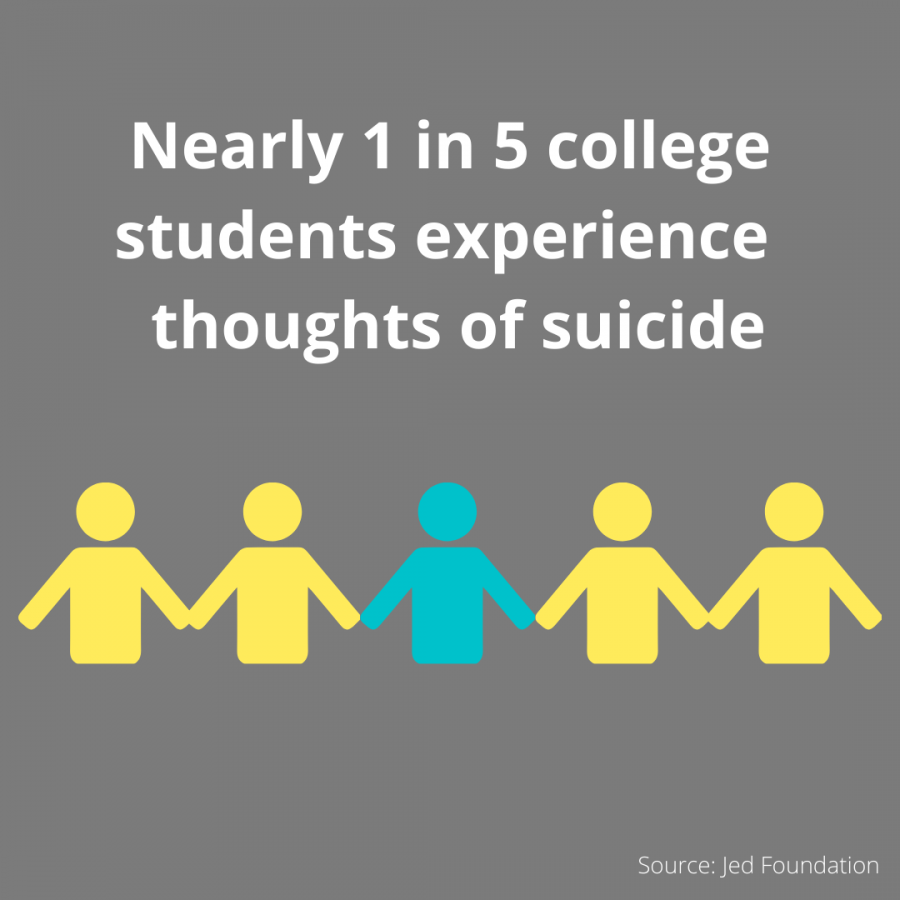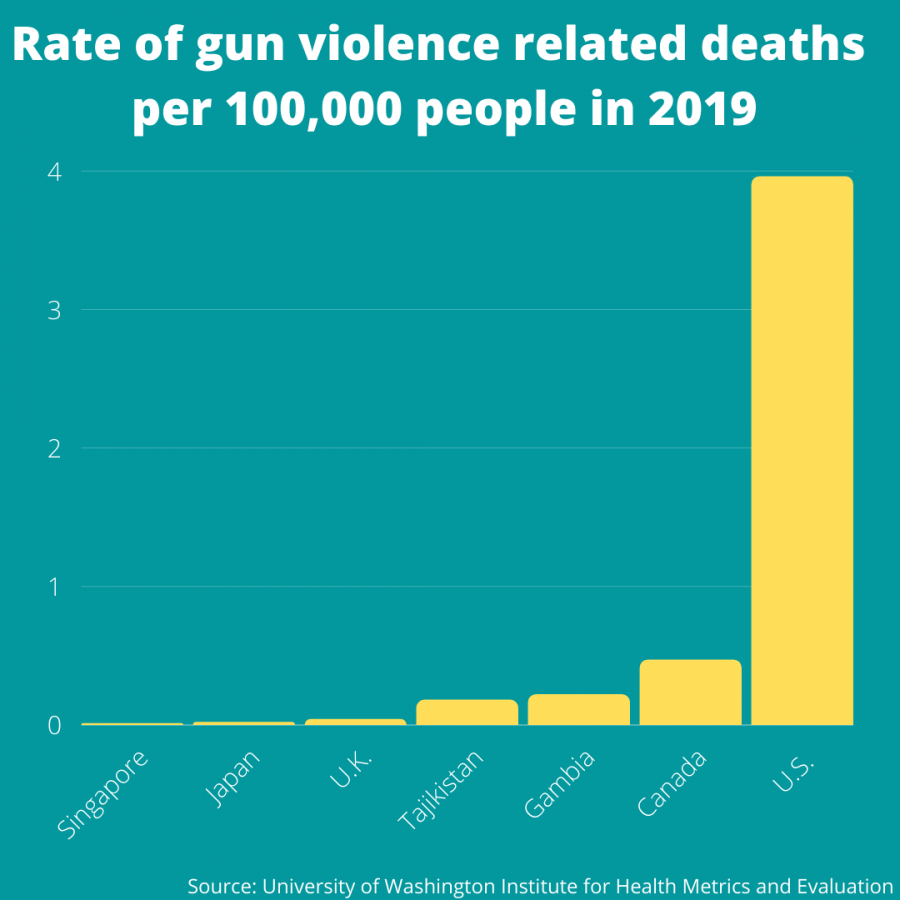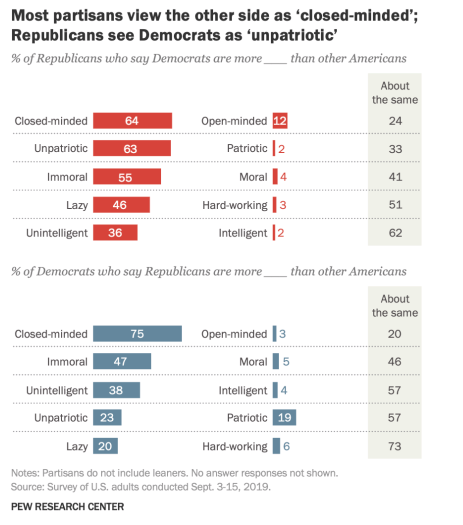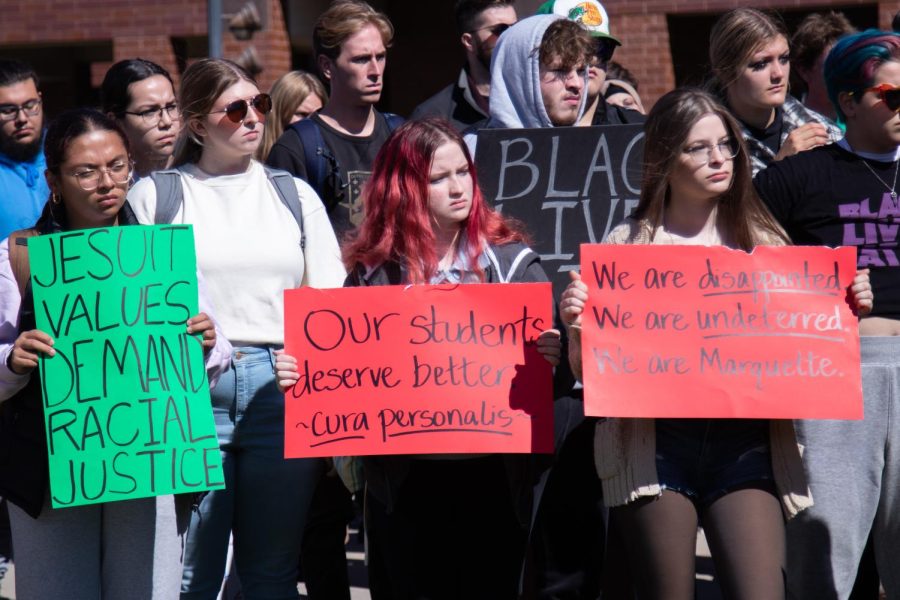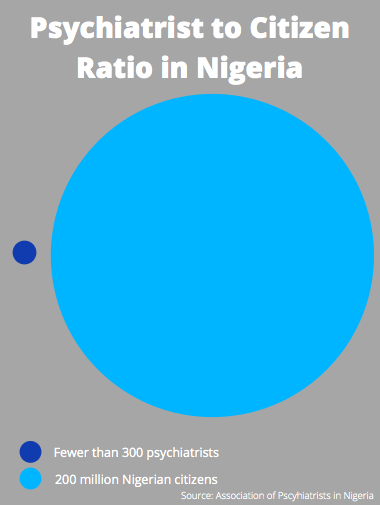
The willful neglect of mental health in Nigeria emphasizes the urgent need to reform mental health laws in the nation.
Nigeria is a country located off the western coast of Africa and is home to over 200 million citizens. Despite this, there are fewer than 300 psychiatrists in the entire nation, and they are mostly positioned in urban areas. This only allows one-eighth of the population to have access to mental health care. This inaccessibility to health care is why close to 80% of Nigerians are forced to battle mental health issues in silence.
In fact, the inaccessibility to health care is only a small part of the mental health crisis Nigeria is facing. There is a misconception in Nigeria that if an individual is mentally ill, then it was caused by evil spirits or supernatural forces. This misunderstanding of mental illness is what leads to citizens seeking religious or traditional healing places before seeking professional help. Though religious or traditional healing places can be helpful, it should be an addition, not a replacement, to psychiatric help.
Changing the narrative and abandoning traditional and harmful thoughts surrounding mental health is a crucial part of the reform process. But unfortunately, there is more to Nigeria’s deep-rooted problem with the mental health crisis: There is also a dire need to address the nation’s method of chaining.
Chaining is a global human rights issue in which people are restricted to the wall in chains in the rooms they are confined in. This abusive technique has been used in numerous countries including Indonesia, Ghana, Somaliland and most recently Nigeria.
People are chained for a multitude of reasons: When they behave outside what is considered “the norm,” go through trauma or grief and they can even get chained just for getting upset. People spend years, sometimes decades, in institutions because Nigeria lacks adequate services to support them in the community. In all but one of the facilities Human Rights Watch visited, people were not allowed to leave or to challenge detention after being chained.
Nigeria’s failure to repeal the Nigerian Lunacy Act of 1958, which allows the detaining of people with mental health conditions in institutions even without providing medical or therapeutic treatment, is why chaining practices have continued for so long.
The abuse does not stop at chaining. Citizens placed in Nigeria’s rehabilitation centers are abused in numerous ways — including flogging, starvation and sexual assault by the rehabilitators. The torture and abuse that citizens are facing can cause psychological distress which furthers the mental strain patients are under. This contributes to the crisis because citizens are placed in these rehabilitation centers.
The government’s failure to address the nation’s health care crisis has led to the formation of organizations like Mentally Aware Nigeria Initiative, which is a non-profit organization that focuses on raising awareness of mental health and illnesses, as well as connecting service users to mental health professionals. One of their main services offered is the suicide/distress hotline, which provides suicide intervention as well as mental health first aid to callers, all of whom are subsequently referred to appropriate quarters for specialized care.
People who use MANI’s services include, but are not limited to, individuals coping with mental illness, family members of service users and individuals who feel some concern for their mental state. MANI is the largest and most active organization that offers a specialized community where no one is discriminated against for their illness and where citizens of Nigeria can speak freely.
MANI was created by Dr. Victor Ugo in 2016 after the depression he faced in Nigeria as a result of the lack of access to health care. The organization proves to be effective because it was founded by a person who understands firsthand what the citizens of Nigeria are going through. Unlike MANI, the Nigerian government has not made a genuine effort to address the crisis happening in the nation.
It is apparent that there is an urgent need to reform and reframe mental health in Nigeria. The repeal of the Lunacy Act of 1958 is a perfect place to start.
From there, banning all chaining practices and creating strict laws to ensure chaining is not being used is an important next step. Along with this, providing proper mental health care and services to citizens rescued from abusive rehabilitation centers is essential.
Lastly, training government health workers, mental health professionals and staff in faith-based and traditional healing centers about the rights and needs of people with mental health conditions is what all countries can do to reform and reframe the narrative surrounding mental health in their respective communities.
This story was written by Hope Moses. She can be reached at [email protected]



